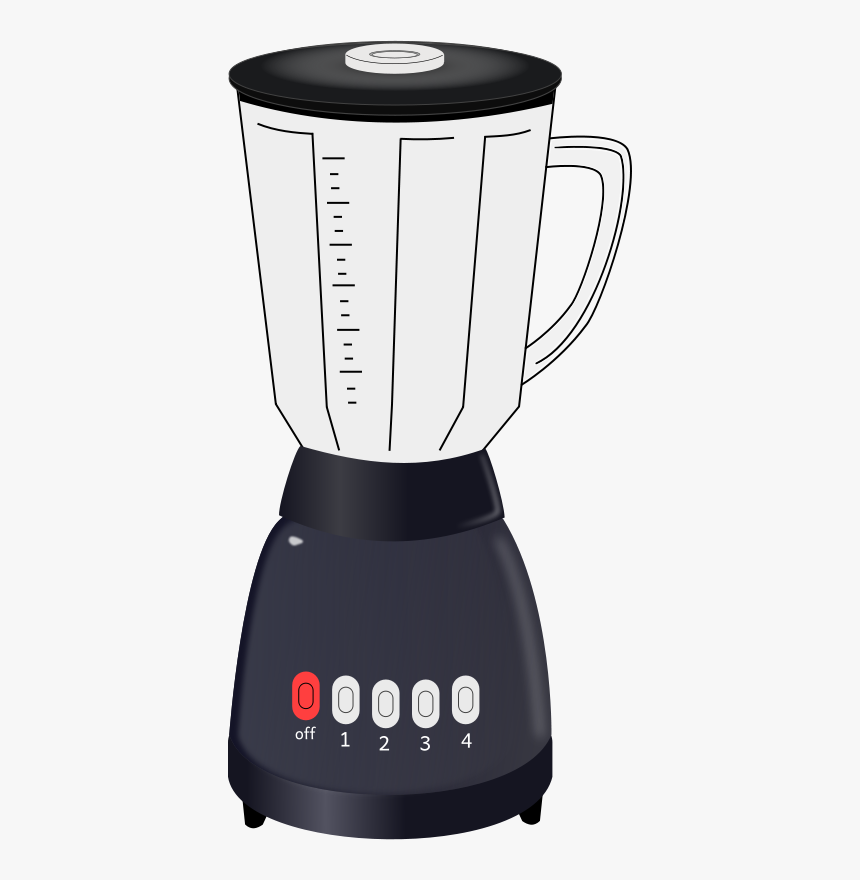
My assertion in Part 1 of this article is that students are more successful when they gain competency with noncognitive skills and executive functions. That students are more likely to gain this competency when they get routine practice employing these skills, not avoiding them. In Part 2 I pointed out that moving students online because they are disorganized is just kicking the can down the road. The same lack of organization that exists in the physical world exists online. We miss a golden opportunity for students to develop the skills and habits of successful learners if we move students fully online, rather than a blended approach.
“In moving to college and career readiness for all, we must now teach some skills formerly learned by students on their own. All students need lessons and modeling of study and work skills like time and task management, note taking, and assignment completion strategies...”
Robert Belfanz in Putting Middle Grades Students on The Graduation Path
The keyword from Belfanz, also quoted in Part 1, is "modeling". Executive functions and noncognitive skills are the foundation of academic success. They are best learned when students see them modeled as they get the opportunity to put them in action, every single day. If you have attended one of my talks at a conference or training, or listened to the Better Leaders Better Schools School Leadership Podcast, then you have heard me quote a study from the University of Chicago that found,
"By helping students develop the noncognitive skills, strategies, attitudes, and behaviors that are the hallmarks of effective learners, teachers can improve student learning and course performance while also increasing the likelihood that students will be successful in college.”
UCHICAGO CCSR Literature Review, Teaching Adolescents To Become Learners
If students learn noncognitive skills and executive functions by seeing them modeled as they practice employing them, then the question to answer is, what is the best way to make this a reality? Do we simply add a part to our lessons for students to practice these skills and habits? Can educators and/or homeschool parents really squeeze time out of their lessons to practice these skills?
I would argue that, effective educators are already maximizing every second for teaching and learning, so adding to their work load is not the answer. Steven Farr says it best,
“Highly effective teachers use procedures and systems to maximize the value of each minute of learning...To be clear, these highly effective teachers sweat the details not because they are obsessed with control but because they see that this attention to detail translates into student learning.”
Teaching As Leadership - The Highly Effective Teacher's Guide to Closing the Achievement Gap
Here's the secret, and it's fairly simple - the answer lies in our daily routines. It's the predictable rhythms we create every day to foster student learning that have a lasting effect on their learning process. I love how Doug Lemov says it in Teach Like A Champion (link), "Consider one unmistakable driver of students’ achievement: Carefully built and practiced routines…" The very best way for students to develop noncognitive skills is to give them practice employing them as a byproduct, or result of the daily learning routine. This is true in classrooms, distance learning, and homeschooling alike.
It boils down to this: Students need daily modeling and practice with noncognitive skills and habits. Because we are already short on time, the only way educators and homeschool parents can realistically accomplish this is by embedding this practice into the routine of the school day, class period, or distance learning session. In doing so, we don't infringe on the time we have for instruction.
There is another, and perhaps a more immediate issue, highlighted well in OneNote's intro video. If not us, then who? An Organized Binder teacher said it best,
"Students who do not know how to be, act, and/or learn like a student don't know how because they have NOT learned it!!!! Not only did you take note of this, but you came up with Organized Binder as a way to change it.”
Middle School Teacher - Scotts Valley Middle School, California
If a student is struggling organizationally then who is going to teach her how to get and stay organized? It is our responsibility to teach and model the skills that students formerly learned on their own. Students are not going to absorb executive functions via osmosis as they make their way along their K-12 journey without daily practice employing these skills and habits - and it is our duty to rise to the challenge.
By the way, executive functions and noncognitive skills are not just for academic success. Students will utilize them the rest of their lives in their careers, families, their well-being, and more. A report from the National Academy of Sciences found that "Strong childhood executive functions predict higher socio-economic status, better physical health, and fewer drug-related problems and criminal convictions in adulthood."
Unfortunately, the opposite is true, if students never get the opportunity to struggle with and learn these skills and habits it can have a significant negative influence on their lives.
In Part 4 of this article I will explain how I have blended my instruction and show you the results. My friend Aubrey Patterson, who I mentioned in Part 2, has another great line he often uses, "I eat my own cookin'". In other words, I have come to the conclusion that a blended approach is most effective when incorporating technology because I have done it and measured the results and witnessed the impact. I am excited to share those results with you in Part 4.
You can read Part 1 and Part 2 of this article by clicking here.
As I mentioned yesterday, I accepted a 30 day writing challenge with Danny Bauer so look for Part 4 tomorrow.
Until then, be well,
Mitch